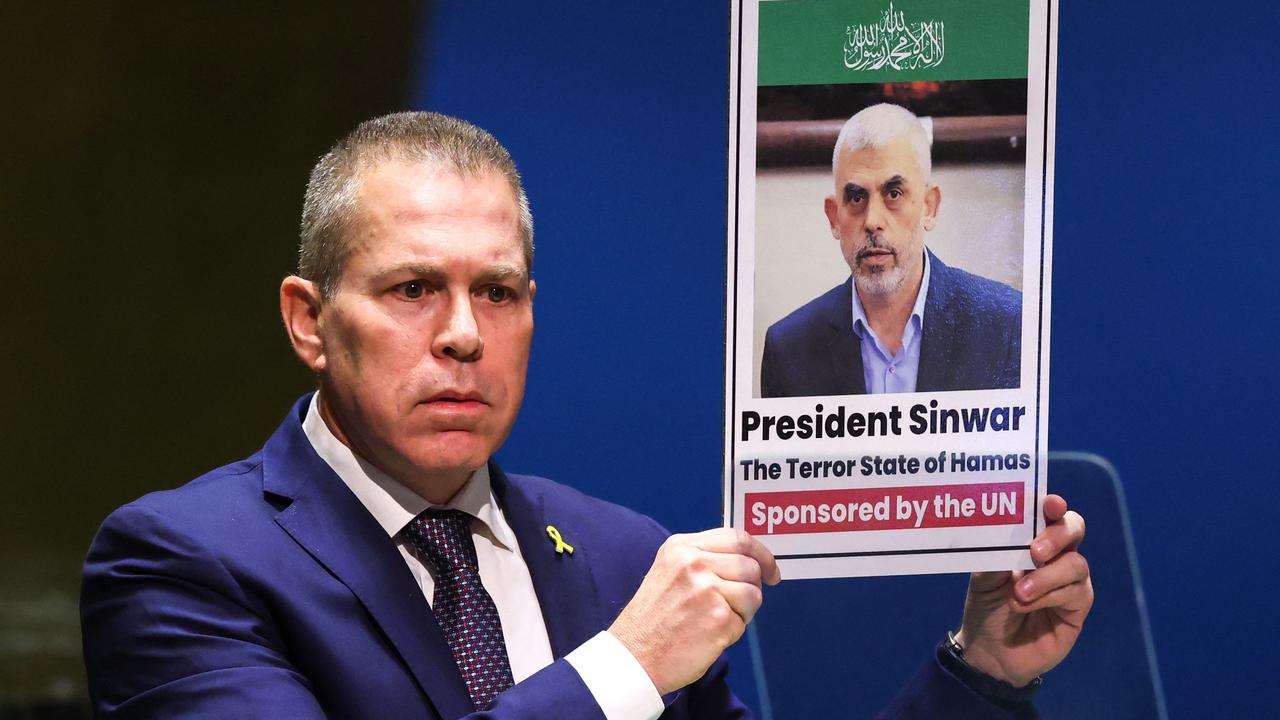Is the world so blinded by its own moral posturing that it refuses to see what’s unfolding in front of its eyes? The United Kingdom, despite the chaos brewing on its own streets, has now joined hands with Australia and Canada in the reckless adventure of recognizing a Palestinian state. Foolhardy would be a kind word; suicidal may be more accurate.
The Islamist fundamentalist threat is not a figment of imagination. It is not “Islamophobia” when the evidence is on the streets of London, Toronto, and Sydney. These democracies are witnessing mass protests where Islamist groups openly proclaim their desire to see Western societies “fall” and eventually transform into Islamic polities. From chants for Sharia law to the glorification of Hamas “martyrs,” the writing on the wall is clear. The Islamists’ grand design is nothing short of global: to turn the world into Dar al-Islam, an Islamic order, by conquest or demographic domination.
And yet, these very nations, grappling with internal unrest, are pushing to create another Islamist foothold in the Middle East—this time in Gaza. Do they not see the irony? Israel, the only Jewish homeland, already surrounded by hostile Islamic states, is being asked to accept yet another entity on its border—one carved out of disputed land, drenched in terrorism, and incubating organizations sworn to Israel’s destruction.
British Prime Minister Keir Starmer has dressed up his decision in the language of “reviving hope for peace.” But let’s not forget the history he so conveniently ignores. Since the Oslo Accords of the 1990s, Israel has repeatedly offered concessions for a two-state solution. Each time, Palestinian leaders—whether Arafat or Abbas—walked away, refusing to accept Israel’s right to exist as a Jewish state. Meanwhile, Hamas, which rules Gaza with an iron fist, has never hidden its agenda: the annihilation of Israel and the establishment of an Islamic caliphate. Its charter, available for anyone to read, cites Quranic verses calling for Jews to be killed.

Starmer insists this recognition is not a reward for Hamas. But in practice, it is exactly that. What message does it send when, less than two years after the October 7 massacre—where 1,200 Israelis were slaughtered and 251 abducted by Hamas—the UK and its allies choose to reward the “Palestinian cause” with statehood recognition?
It is not as though Palestinians have shown signs of readiness for statehood. Gaza is under Hamas, the West Bank under the Palestinian Authority, and the two sides are bitterly divided. Corruption, militant rule, indoctrination of children with anti-Semitic propaganda, and glorification of suicide bombers form the backbone of Palestinian governance. To reward this with statehood recognition is like handing a loaded gun to someone who has already fired at you.
Moreover, the global community is willfully blind to the fact that “Palestine” today functions less like a liberation movement and more like the frontline of political Islam. Hamas is backed by Iran, Hezbollah, and other Islamist networks that share a single vision—erasing Israel and destabilizing the region. A Palestinian state carved out of Gaza would not be a peace partner; it would be an Iranian proxy at Israel’s doorstep.
The hypocrisy of the UK, Canada, and Australia is staggering. These are countries that lecture the world on security, democracy, and the rule of law. Yet, when it comes to Israel, they demand suicidal generosity. Would London accept a terror state in Manchester because a group claims ancestral rights? Would Ottawa tolerate a jihadi enclave outside Toronto in the name of “peace”? Would Canberra grant independence to a terror-backed movement on its soil? Of course not. But they expect Israel to do exactly that.
Worse, this recognition comes at a time when Islamist protests in these very countries are threatening social cohesion. In the UK, police are struggling to control pro-Hamas demonstrations where Union Jacks are burned, Jewish students harassed, and radical clerics openly call for Britain to “submit to Islam.” Similar scenes are visible in Canada and Australia. These are not fringe outbursts; they are warnings of what lies ahead. And yet, their governments seem intent on appeasement abroad while losing control at home.
Israeli Prime Minister Benjamin Netanyahu’s firm rejection, “a Palestinian state will not happen,” is not the rhetoric of a hardliner but the logic of a leader protecting his people. For Israel, this is not ideology; it is survival. A Palestinian state under current conditions would mean handing Hamas, Iran, and their allies the ultimate prize: legitimacy. Recognition without demilitarization, without renunciation of terror, without genuine acceptance of Israel’s existence is not peace—it is surrender.

Starmer and his counterparts argue that recognition “revives hope.” But peace is not a slogan. It is built on trust, compromise, and accountability. None of these exist in the Palestinian leadership today. To push for recognition now is to confuse hope with hallucination. The world should recall what happened after Israel’s withdrawal from Gaza in 2005. It did not lead to peace. It led to Hamas rockets raining down on Israeli towns, tunnels dug to infiltrate, and on October 7, the bloodiest attack on Jews since the Holocaust.
If this is the record of Palestinian self-rule, why would granting statehood bring a different outcome?
As more countries line up at the UN General Assembly to recognize Palestine—France possibly among them—Israel grows increasingly isolated. But isolation does not equal wrongness. Sometimes, standing alone is the price of survival. Israel has every right to reject a solution that amounts to national suicide, even if the West refuses to smell the coffee.
In the end, the real tragedy is this: by indulging in moral theatrics and virtue signalling, the UK, Canada, and Australia are not helping the Palestinians. They are trapping them further in the grip of Islamist radicals who thrive on conflict. The road to peace does not pass through premature recognition. It passes through reform, accountability, and the courage to confront terrorism—not reward it.





